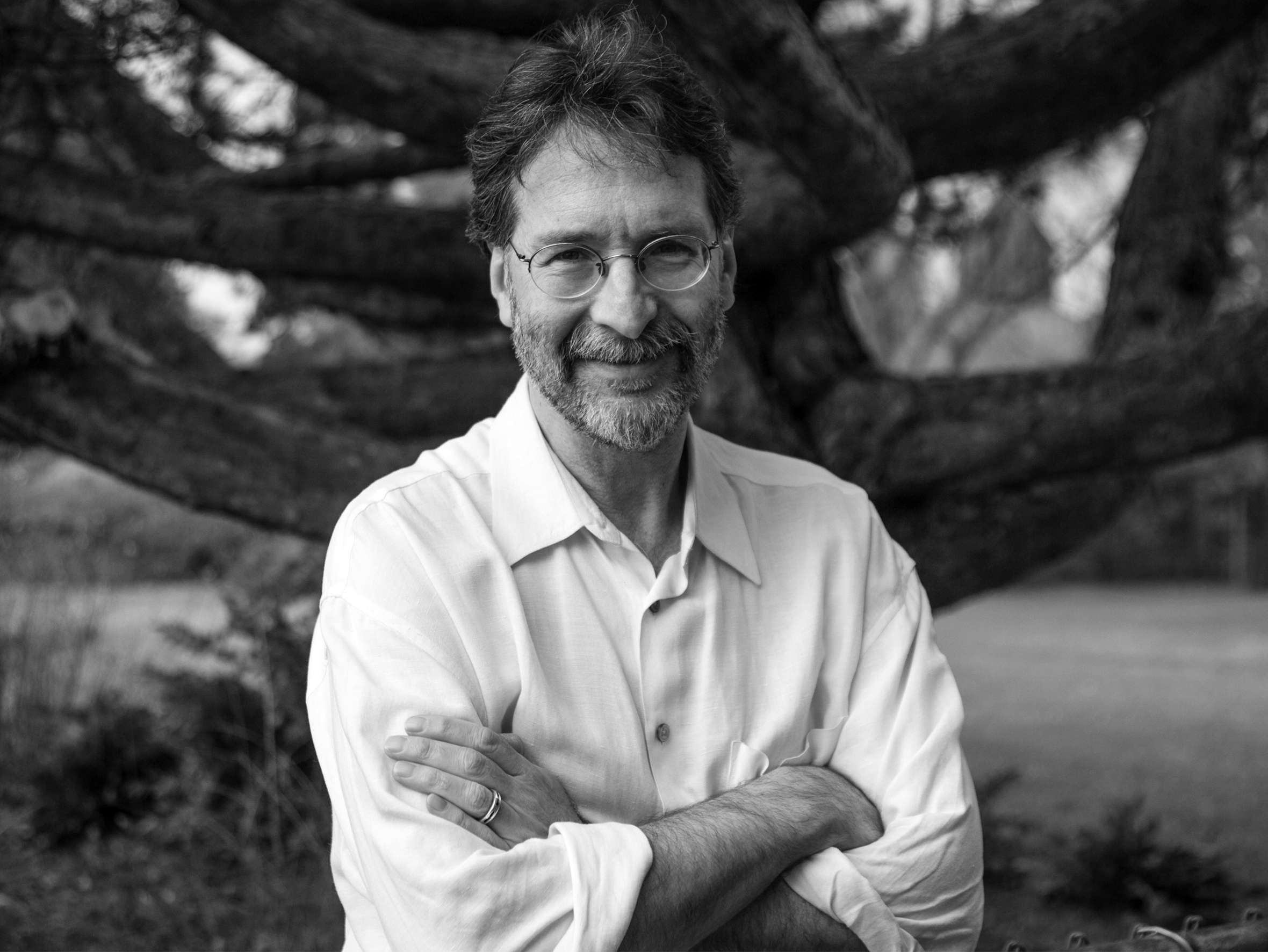You believed that everything is a form of prayer, including laughter, including tears. Yes, you were a reverential man, but you weren’t stiff or boring or preachy or dour. Your essays were both concise — often just a page in length — and lush, your sentences as intricate and twisty as plants in a terrarium. You combined prose and poem (and prayer, you said) to bear witness to the miracles around us. One of your twenty books consisted entirely of prayers in which you praise (or try to praise) admirable and not-so-admirable things: loud recycling trucks; editors; cats (alas, not your favorite creature); a girl singing at a bus stop; the doctor who saved your son’s life; little brown birds; decent shoes; firemen and firewomen; wicked hot showers. Of your twenty books at least three are explicitly organized around the theme of epiphanies, that literary term with religious roots. You were firm in your Catholic faith even as you criticized the Church’s nefarious deeds and small-minded tendencies. Your stories, like those of the “skinny Jewish guy who wandered around Judea some centuries ago,” spoke of courage and humility and grace. Yet one need only a heart — no religious beliefs at all — to be stirred by your insistence that “we are called to compassion, and not to judgment.”
Independent, Reader-Supported Publishing
Tribute
The Salt Seas Of The Heart
A Tribute To Brian Doyle
Correspondence
I felt a personal sense of loss reading of Brian Doyle’s death [“The Salt Seas of the Heart,” September 2017]. His writing has the rhythm and musicality of a holy litany. Carol Ann Fitzgerald’s introduction captured this harmonious language so well, it was as if he’d had a hand in writing it. I will read the pieces you chose for the tribute many times, and I will miss him.
Free Trial Issue
Are you ready for a closer look at The Sun?
Request a free trial, and we’ll mail you a print copy of this month’s issue. Plus you’ll get full online access — including 50 years of archives. Request A Free Issue
Request a free trial, and we’ll mail you a print copy of this month’s issue. Plus you’ll get full online access — including 50 years of archives. Request A Free Issue
Also In This Issue
September 2017
Essays, Memoirs, & True Stories
Inventory
On Reading The Papers Of Richard M. Stites, Esq., At The Georgia Historical Society In Savannah
close





